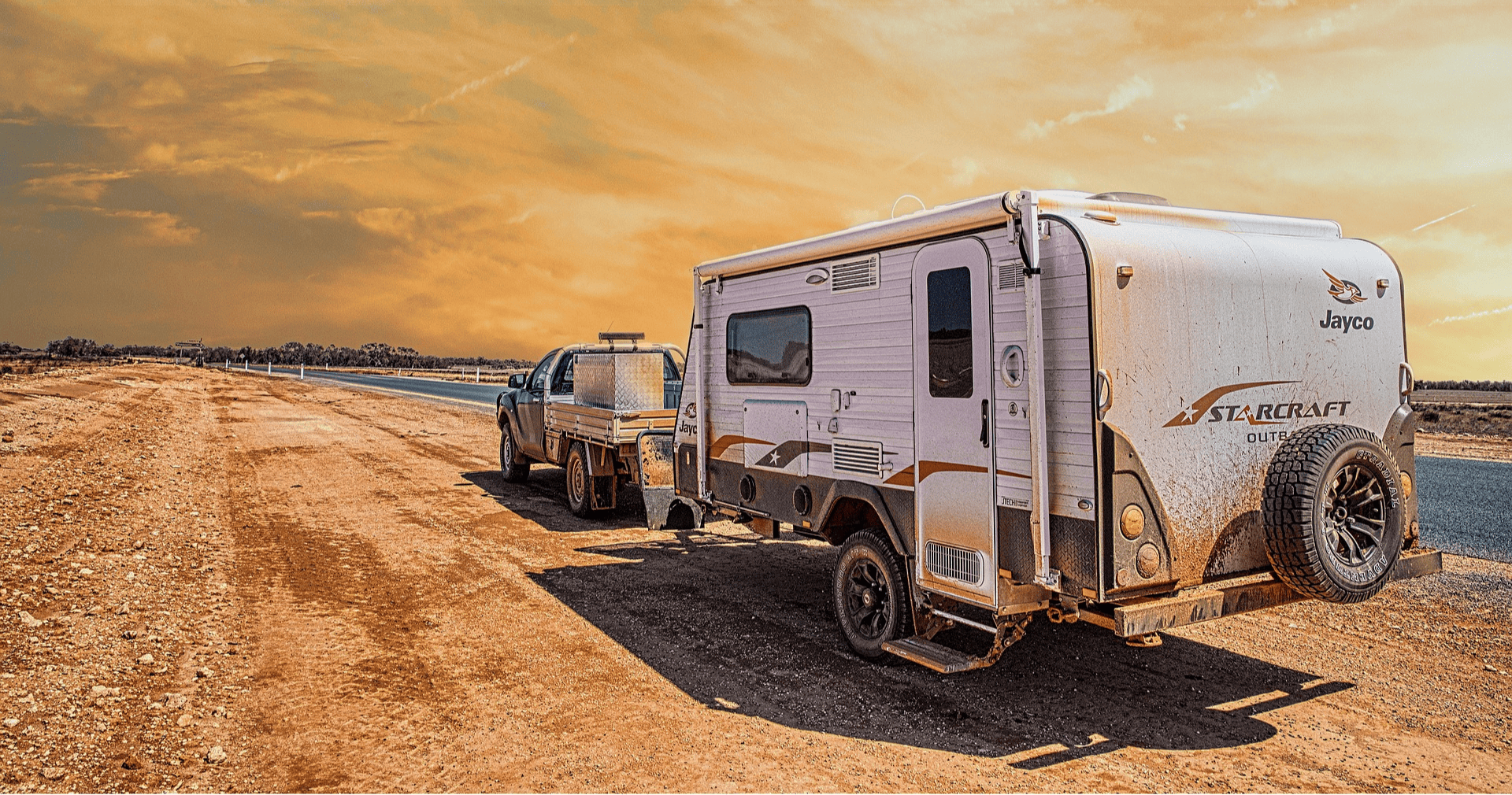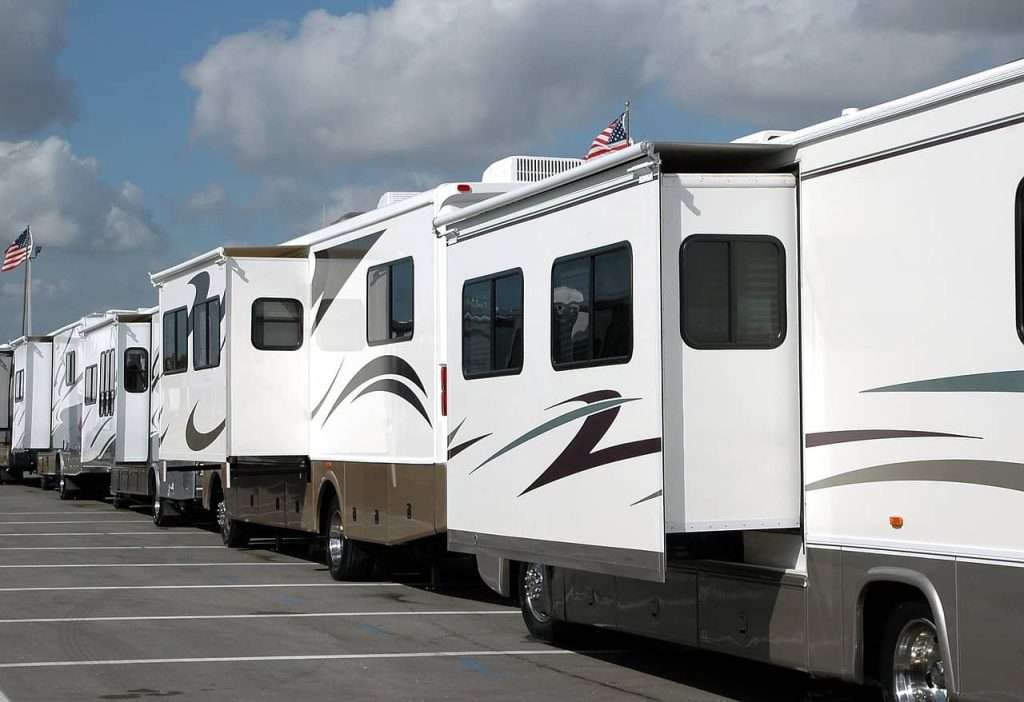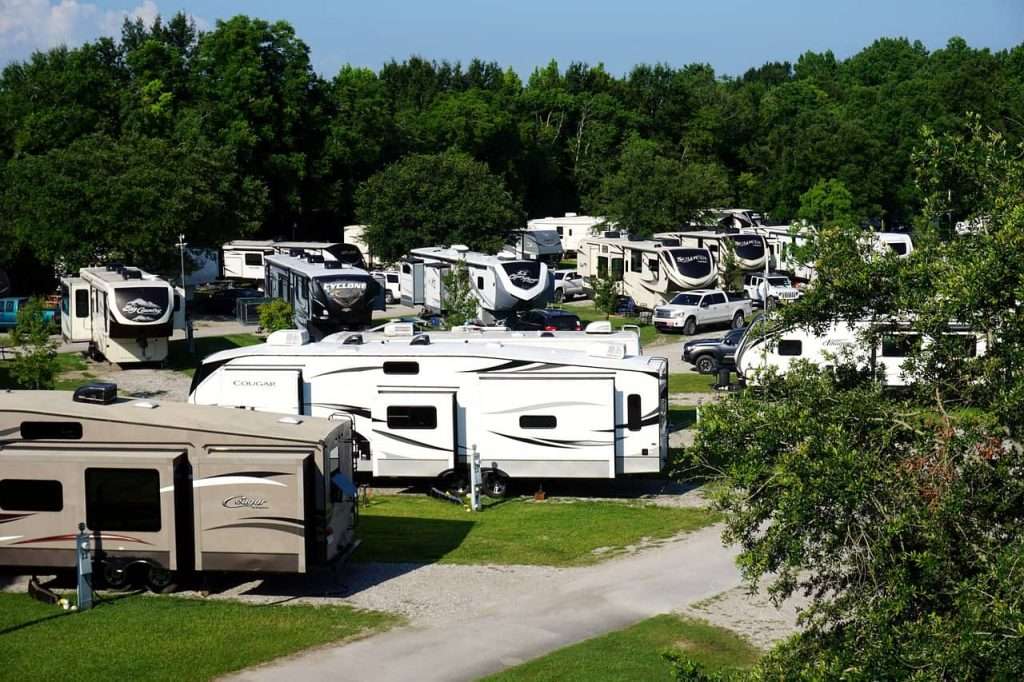
How To Buy An RV In Texas: Everything You Need To Know In 2023
Trust me when I say that embarking on the road to buying an RV is a thrilling journey that promises freedom, exploration, and memories to last a lifetime. If you’re currently worried about taking the first step and want some advice on how to buy an RV in Texas, then don’t worry; you’ve come to the right place.
This article will serve as your comprehensive guide to navigating the initial complexities of buying an RV in Texas. The RV market has been undergoing significant changes, powered by the increasing demand for road travel and staycations. However, these changes have also introduced several factors that may seem daunting for the first-time buyer.
From understanding the different types of RVs and their costs to navigating financing options, dealer negotiations, and Texas-specific regulations, we will demystify the process to help you make an informed decision.
So, buckle up as we venture on this exciting journey and get you one step closer to hitting the Texas roads in your dream RV.
Tips For Individuals Planning To Buy An RV In Texas
One of the most valuable secret tactics that people rarely talk about is that you should always try to rent RV models you are interested in before you make your purchase. Texas is one of the best states for this since it boasts one of the largest RV rental markets in the country.
If you’re still in need of advice on how to buy an RV in Texas, here are some more tips that you should consider:
- Understanding Your Needs: Before you jump headfirst into buying an RV, it’s crucial to understand your needs and wants. Consider the size, type, amenities, and how often you plan to use it. This will narrow your options and help you focus on the right RV for your lifestyle.
- Budgeting: Be clear about your budget before starting your search. Aside from the upfront costs, consider ongoing expenses such as maintenance, insurance, storage, and fuel. Also, bear in mind that RVs, like cars, depreciate over time.
- New vs. Used: Both new and used RVs have their pros and cons. New ones come with the latest features and a manufacturer’s warranty but are more expensive. Used RVs can offer value for money but might also have hidden issues that could lead to costly repairs.
- Dealer vs. Private Seller: Dealers can offer a range of RV models, provide financing options, and might include a warranty. Private sellers might offer lower prices, but ensuring that you’re not inheriting any mechanical issues is crucial.
- Inspection: Before buying an RV you should always inspect it, preferably with an expert if it’s a used one. Check for any signs of damage, especially water damage, and make sure all appliances function correctly.
- Research: Thoroughly research the make and model you’re interested in. Check online forums, review sites, and social media groups for user reviews and common issues.
- Negotiation: Don’t be afraid to negotiate the price. Dealers often inflate the starting price, so it’s important to know the market value of the RV you’re interested in.
- Test Drive: Always test drive an RV before buying. This allows you to check its handling, braking, and overall comfort.
- Insurance: Texas requires RV owners to have a minimum amount of liability insurance. Be sure to shop around to get the best rate and coverage.
- Local Regulations: Texas has specific laws regarding the title and registration of an RV. Familiarize yourself with these to avoid legal issues down the line.
- Financing: Consider your financing options carefully. RV loans are quite common, and terms can extend for a longer period compared to car loans. Compare interest rates and loan terms from different lenders before making a decision.
- Pre-Delivery Inspection (PDI): If you’re buying an RV that is new, request a PDI to ensure everything works as it should. The dealer should fix any issues before you finalize your purchase.
- RV Maintenance: Educate yourself about essential RV maintenance. This will prolong the lifespan of your RV and save you money in the long run.
Additional Costs To Expect After You Buy An RV In Texas
When purchasing an RV, it’s crucial to consider both the initial buying price and the ongoing and unexpected costs of owning such a vehicle. Here’s a rundown of additional costs to expect when you buy an RV in Texas:
- Insurance: RV insurance is a must, and the cost will depend on factors such as the RV’s value, how often it’s used, and whether you’re living in it full-time. Full-timers often need more comprehensive coverage, which can be more expensive.
- Maintenance and Repairs: Regular maintenance is essential to keep your RV running smoothly. This includes routine tasks such as oil changes, tire checks, and generator servicing. Over time, you may also need to budget for wear and tear repairs.
- Storage: If you can’t park your RV at home, you may need to pay for storage. Costs vary widely depending on location and whether the storage is indoor or outdoor.
- Fuel: RVs are not known for their fuel efficiency. The bigger your RV, the more you’ll spend on gas. This is especially significant if you plan to travel long distances.
- Campground Fees: Nightly campground fees can add up depending on where you plan to stay. Prices vary greatly, with luxury RV resorts costing significantly more than basic campgrounds.
- Utilities: If you’re staying in one spot and hooked up to utilities, you might have to pay for electricity, water, and an internet connection.
- Propane: Many RVs use propane for heating, cooking, and sometimes refrigeration. Regular refills will be a necessary expense.
- Depreciation: While not an out-of-pocket expense, it’s important to remember that most RVs depreciate over time, which could impact your financial situation when it comes time to sell.
- Taxes and Registration: In Texas, you must pay a sales tax when purchasing your RV and annual registration fees thereafter.
- RV Accessories: Items such as RV covers, sewer hoses, wheel chocks, leveling blocks, and other accessories are often not included in your initial purchase, but they’re essential for RV ownership.
By considering these additional costs when planning your RV budget, you’ll be better prepared for the financial responsibility of RV ownership in Texas.
FAQs
Is it cheaper to buy an RV in Texas?
There are certain factors specific to Texas that could potentially make buying an RV cheaper compared to some other states:
- Dealer Competition: Texas is one of the most popular states for RVing due to its vast size and diverse landscapes. As such, it has a large number of RV dealerships, which can lead to competitive pricing.
- Inventory and Choice: The large RV market in Texas usually results in a broad range of options for potential buyers. A more extensive listing can sometimes mean more room for negotiation, especially if you’re considering a used RV.
- Sales Tax: While Texas does have sales tax on RVs, it is noticeably lower compared to some states. However, local jurisdictions can also levy additional taxes, so the overall sales tax can be as high as 8.25%.
Is it illegal to live in an RV full-time in Texas?
No, establishing your RV as your permanent residence in Texas is not prohibited by any state laws.
That being said, keep in mind that even if it’s legal to live in your RV full-time, there are practical considerations to account for, such as access to utilities, mail delivery, and the need for a permanent legal address for things like driver’s licenses, voting, and taxes.
Always check with local city, county, and state regulations to ensure that you’re in compliance with the most recent changes to relevant laws and regulations.
See You On The Open Road!
Owning an RV in Texas offers a unique and exciting way to experience the diverse landscapes and beautiful locales this grand state has to offer. However, as discussed throughout this article, embarking on the journey of RV ownership requires careful consideration and planning.
From understanding your specific needs and budget to thoroughly researching your options, knowing the ins and outs of purchasing and owning an RV is crucial to ensuring a successful and enjoyable RVing experience.
Factor in not only the initial cost of the RV but also the additional expenses, like insurance, maintenance, fuel, and storage. Be aware of Texas-specific requirements regarding registration and insurance. Remember to check local regulations and practicalities if you’re considering full-time RV living.
Ultimately, while purchasing an RV is a significant investment, with diligent research and thoughtful preparation, you’ll be well-equipped to make an informed decision.
Here’s to your upcoming adventures on the open roads of the Lone Star State – the journey is all yours!









